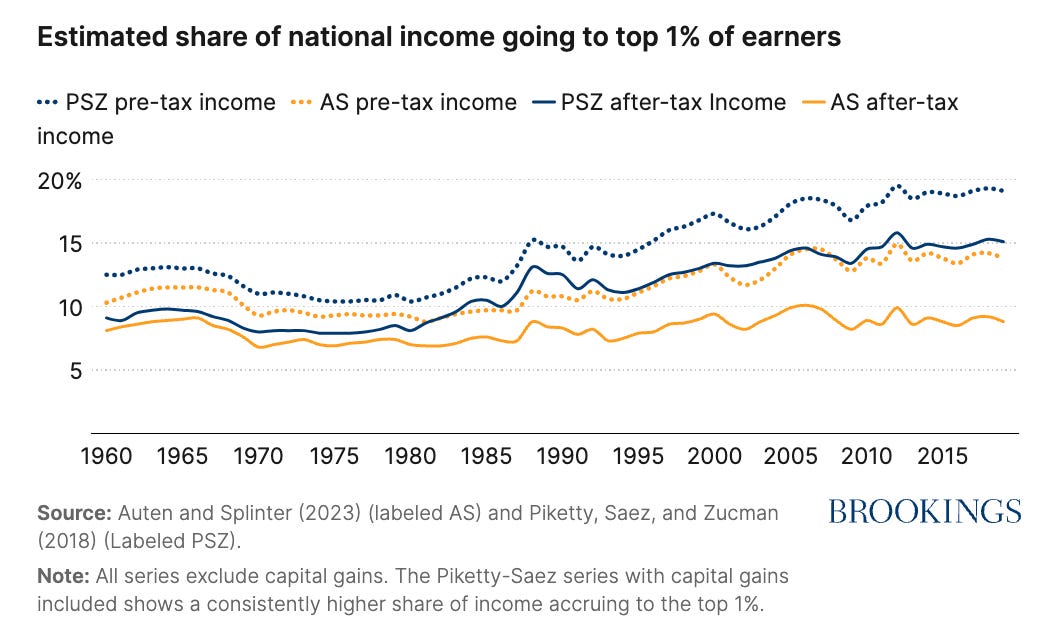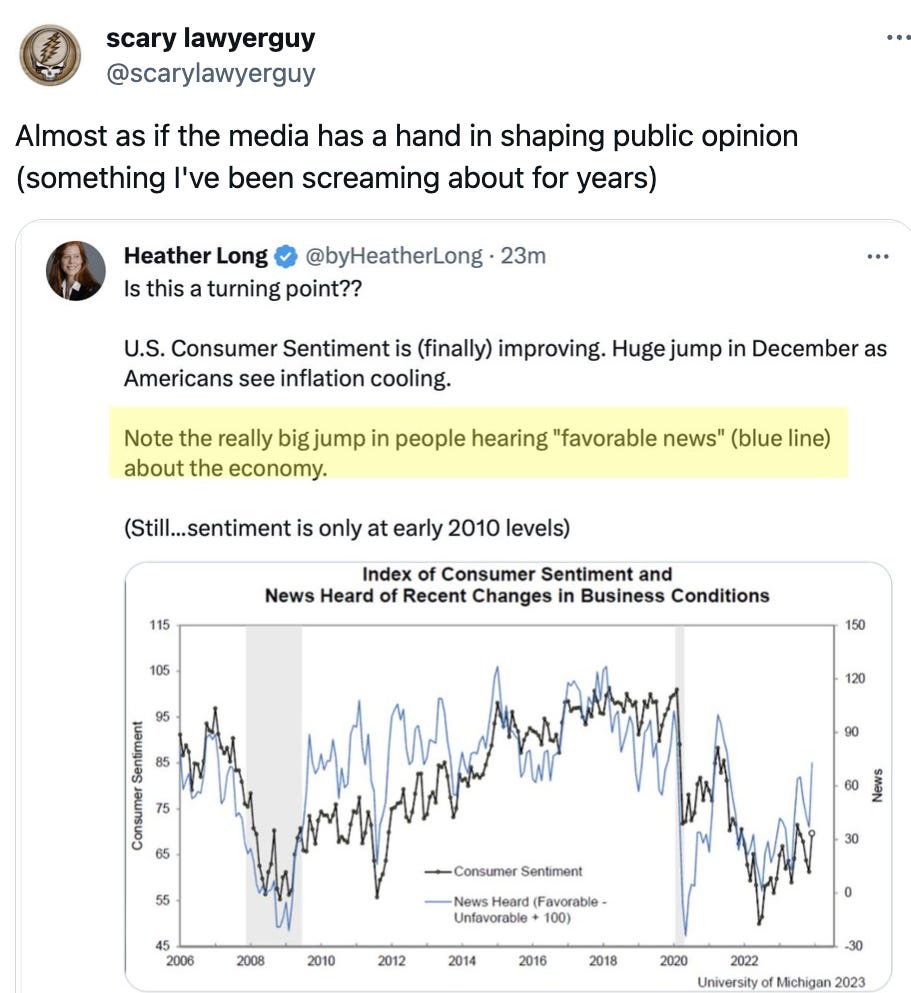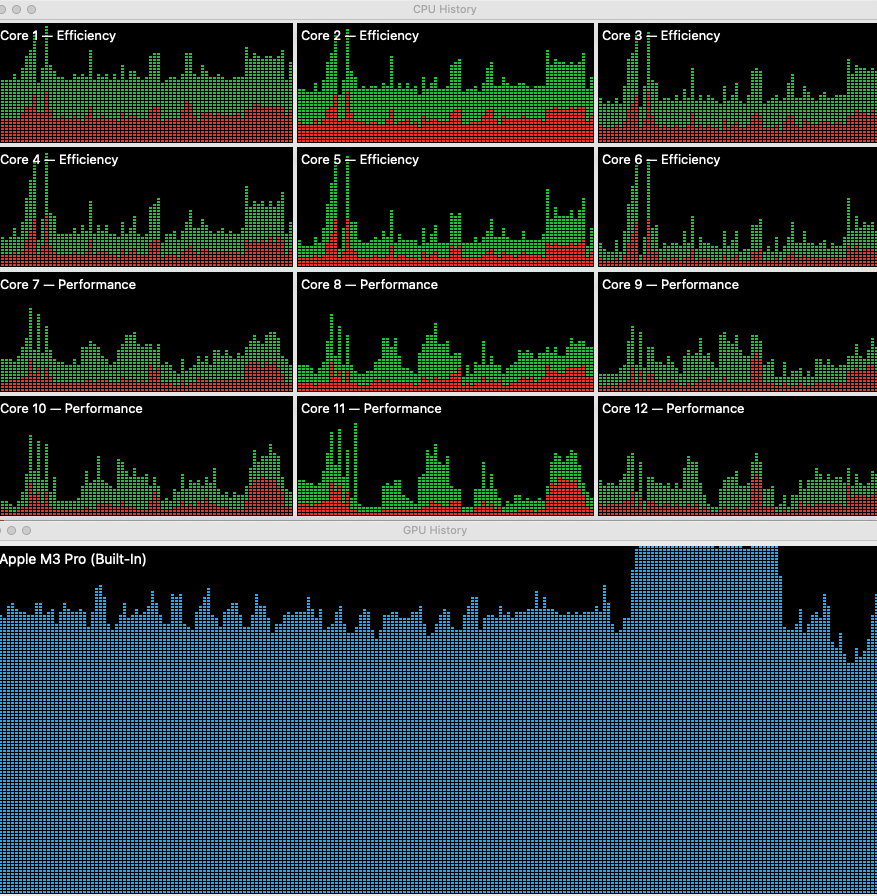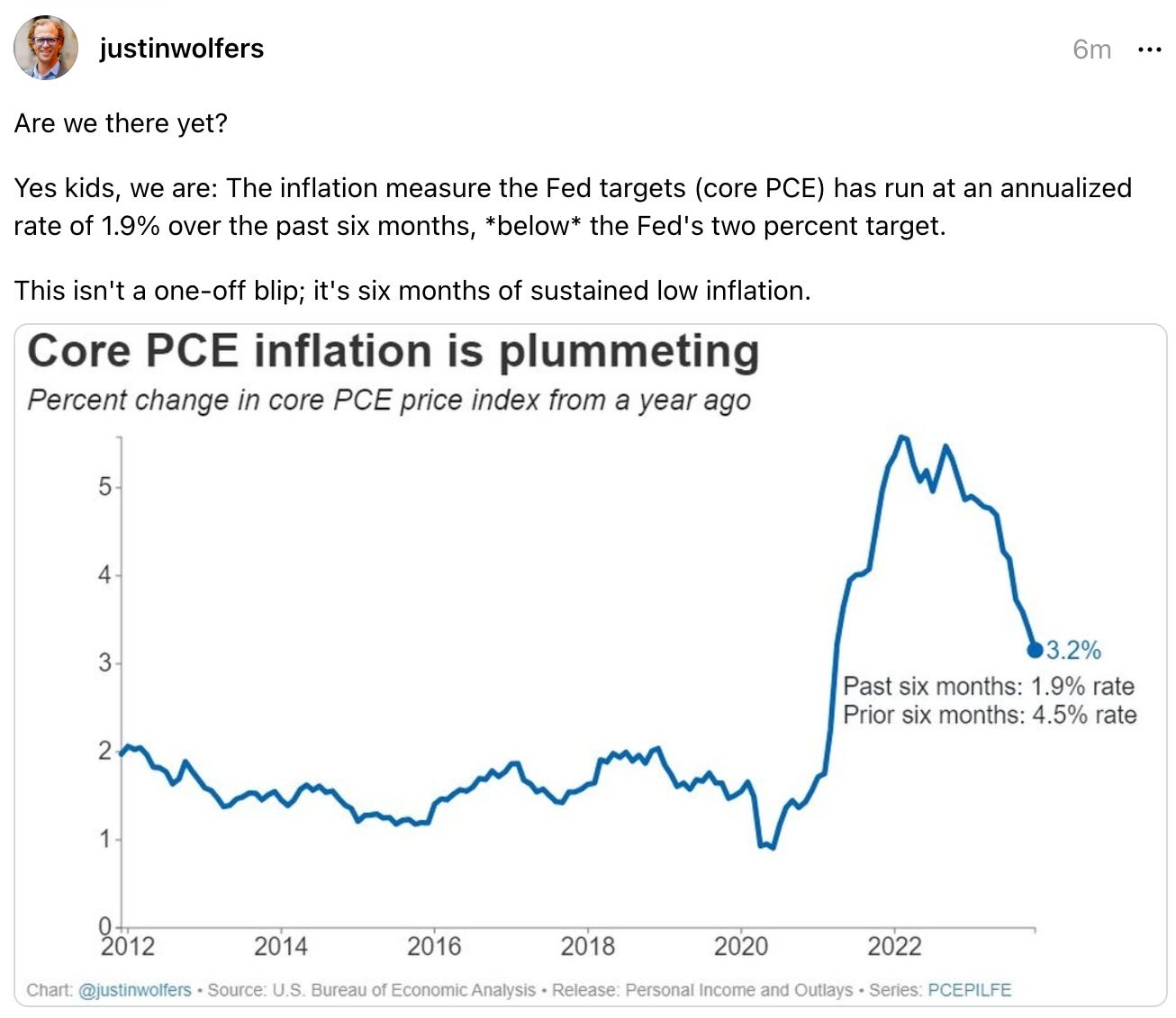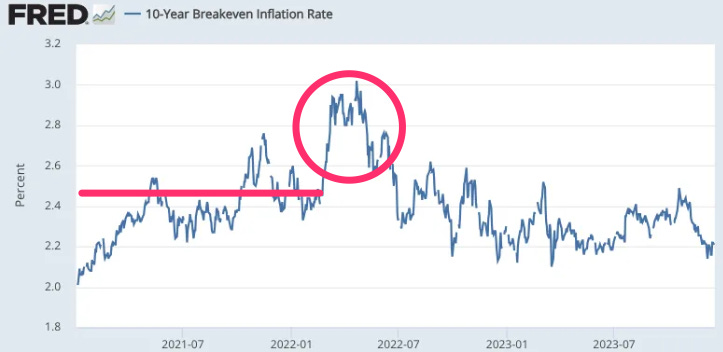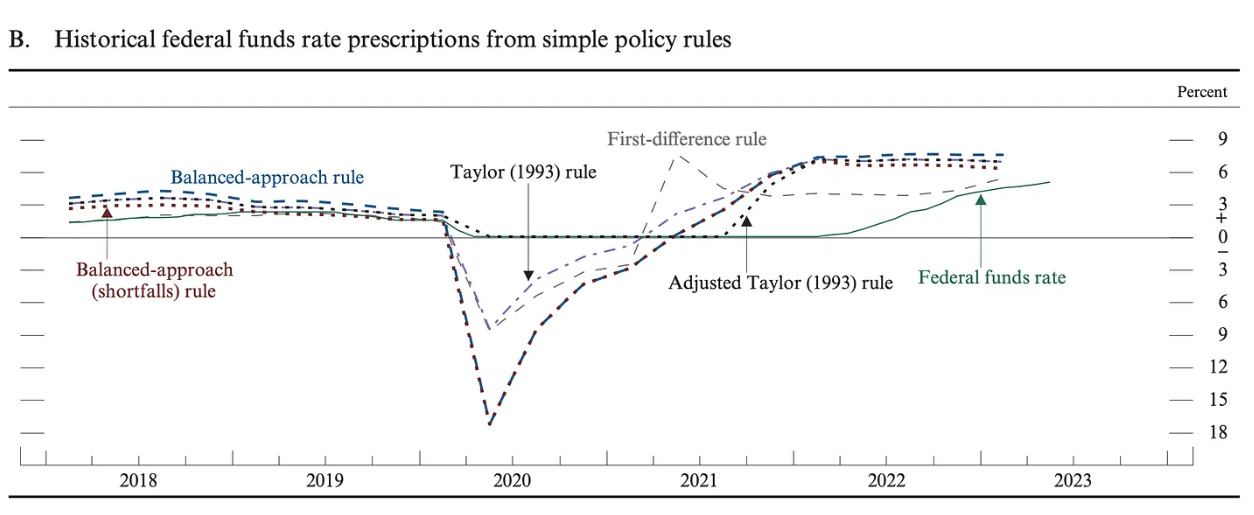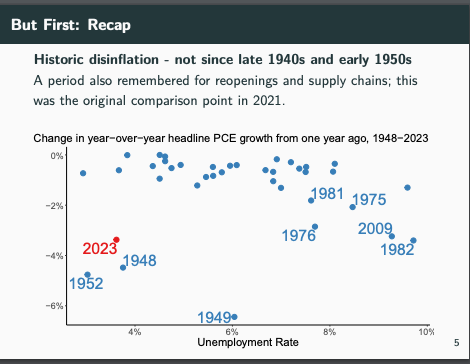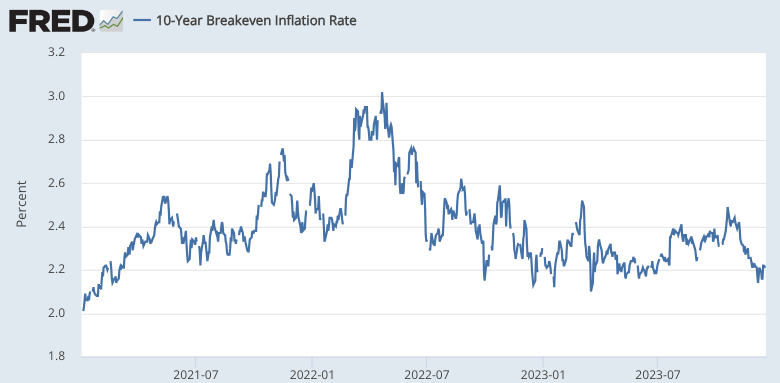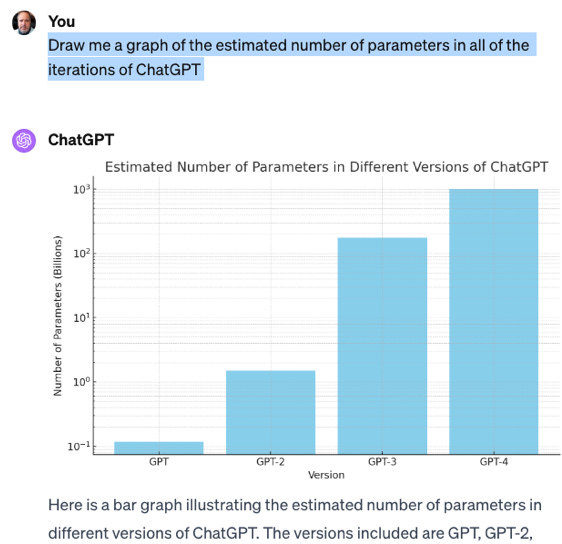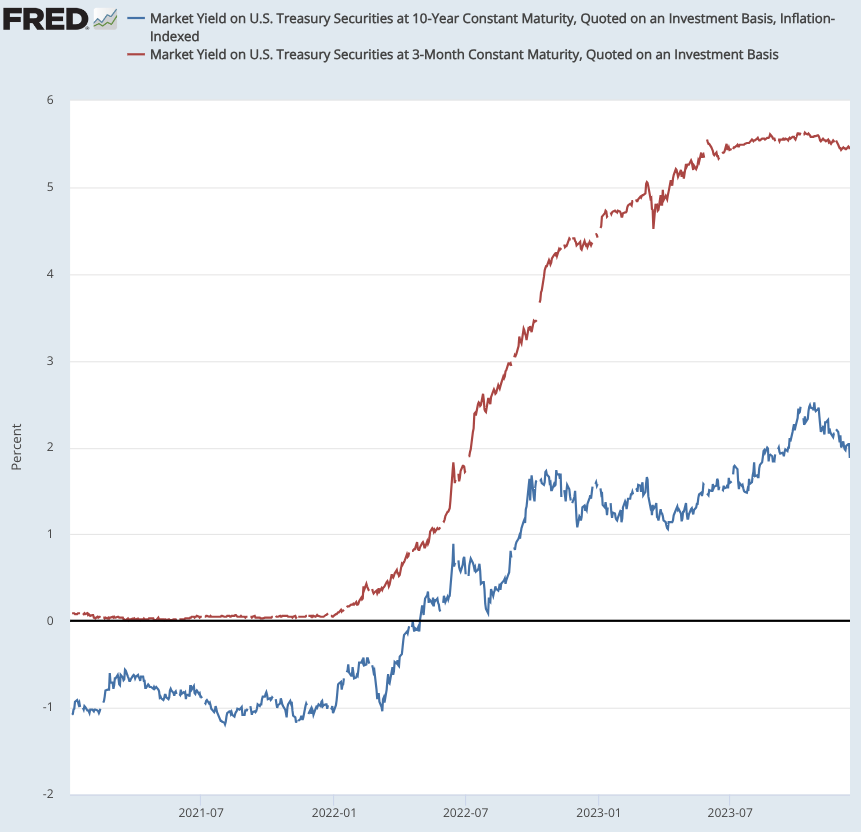Livius.org: Cyrus Cylinder Translation <https://www.livius.org/sources/content/cyrus-cylinder/cyrus-cylinder-translation/>: ‘based on Mordechai Cogan's, published in W.H. Hallo and K.L. Younger, The Context of Scripture. Vol. II: Monumental Inscriptions from the Biblical World (2003, Leiden and Boston), but has been adapted to Schaudig's edition with the help of Bert van der Spek.
Subscribe now
Share
[1] [When...] ...
[2] ... of the four quar]ters
[3] An incompetent person was installed to exercise lordship over his country.
[4] and [...] he imposed upon them.
[5] A counterfeit of Esagila he ma[de, and...]... for Ur and the rest of the cultic centers,
[6] a ritual which was improper to them, an [unholy] di[splay offering x x x without] fear he daily recited. Irreverently,
[7] he put an end to the regular offerings (and) he in[terfered in the cultic centers; x x x he] established in the sacred centers. By his own plan, he did away with the worship of Marduk, the king of the gods,
[8] he continually did evil against Marduk's city. Daily, [...] without interruption, he imposed the corvée upon its inhabitants unrelentingly, ruining them all.
[9] Upon hearing their cries, the lord of the gods became furiously angry and [x x x] their borders; the gods who lived among them forsook their dwellings,
[10] angry that henote had brought them to Babylon. Marduk, the ex[alted, the lord of the gods], turned towards all the habitations that were abandoned and
[11] all the people of Sumer and Akkad, who had become corpses. He was reconciled and had mercy upon them. He examined and checked all the entirety of the lands, all of them,
[12] he searched everywhere and then he took a righteous king, his favorite, by the hand, he called out his name: Cyrus, king of Anšan; he pronounced his name to be king all over the world.
[13] He made the land of Gutium and all the Umman-mandanote bow in submission at his feet. And he{I.e., Cyrus.}} shepherded with justice and righteousness all the black-headed people,
[14] over whom henote had given him victory. Marduk, the great lord, guardian of his people, looked with gladness upon his good deeds and upright heart.
[15] He ordered him to go to his city Babylon. He set him on the road to Babylon and like a companion and a friend, he went at his side.
[16] His vast army, whose number, like water of the river, cannot be known, marched at his side fully armed.
[17] He made him enter his city Babylon without fighting or battle; he saved Babylon from hardship. He delivered Nabonidus, the king who did not revere him, into his hands.
[18] All the people of Babylon, all the land of Sumer and Akkad, princes and governors, bowed to him and kissed his feet. They rejoiced at his kingship and their faces shone.
[19] Lord by whose aid the dead were revived and who had all been redeemed from hardship and difficulty, they greeted him with gladness and praised his name.
[20] I am Cyrus, king of the world, great king, mighty king, king of Babylon, king of Sumer and Akkad, king of the four quarters,
[21] the son of Cambyses, great king, king of Anšan, grandson of Cyrus, great king, king of Anšan, descendant of Teispes, great king, king of Anšan,
[22] of an eternal line of kingship, whose rule Bêl and Nabu love, whose kingship they desire fot their hearts' pleasure. When I entered Babylon in a peaceful manner,
[23] I took up my lordly abode in the royal palace amidst rejoicing and happiness. Marduk, the great lord, /established as his fate (šimtu)\ for me a magnanimous heart of one who loves Babylon, and I daily attended to his worship.
[24] My vast army marched into Babylon in peace; I did not permit anyone to frighten the people of [Sumer] /and\ Akkad.
[25] I sought the welfare of the city of Babylon and all its sacred centers. As for the citizens of Babylon, [x x x upon wh]om henote imposed a corvée which was not the gods' wish and not befitting them,
[26] I relieved their weariness and freed them from their service. Marduk, the great lord, rejoiced over [my good] deeds.
[28] and in peace, before him, we mov[ed] around in friendship. [By his] exalted [word], all the kings who sit upon thrones
[29] throughout the world, from the Upper Sea to the Lower Sea, who live in the dis[tricts far-off], the kings of the West, who dwell in tents, all of them,
[30] brought their heavy tribute before me and in Babylon they kissed my feet. From [Babylon] to Aššur and (from) Susa,
[31] Agade, Ešnunna, Zamban, Me-Turnu, Der, as far as the region of Gutium, the sacred centers on the other side of the Tigris, whose sanctuaries had been abandoned for a long time,
[32] I returned the images of the gods, who had resided there,note to their places and I let them dwell in eternal abodes. I gathered all their inhabitants and returned to them their dwellings.
[33] In addition, at the command of Marduk, the great lord, I settled in their habitations, in pleasing abodes, the gods of Sumer and Akkad, whom Nabonidus, to the anger of the lord of the gods, had brought into Babylon.
[34] May all the gods whom I settled in their sacred centers ask daily
[35] of Bêl and Nâbu that my days be long and may they intercede for my welfare. May they say to Marduk, my lord: "As for Cyrus, the king who reveres you, and Cambyses, his son,
Share Brad DeLong's Grasping Reality
[36] The people of Babylon blessed my kingship, and I settled all the lands in peaceful abodes.
[37] I [daily increased the number offerings to N] geese, two ducks, and ten turledoves above the former offerings of geese, ducks, and turtledoves.
[38] [...] Dur-Imgur-Enlil, the great wall of Babylon, its de[fen]se, I sought to strengthen
[39] [...] The quay wall of brick, which a former king had bu[ilt, but had not com]pleted its construction,
[40] [...who had not surrounded the city] on the outside, which no former king had made, (who) a levy of work[men (or: soldiers) had led] in[to] Babylon,
[41] [... with bitumen] and bricks, I built anew [and completed th]eir [job].
[42] [... magnificent gates of cedar] with a bronze overlay, thresholds and door-sockets [cast in copper, I fixed in all] their [doorways].
[43] [x x x] An inscription with the name of Aššurbanipal, a king who had preceded [me, I s]aw [in its midst].
[44] [...]
[45] [...] for eternity.
Leave a comment
REFERENCE:
Cyrus: ca. -539. “An incompetent person was installed to exercise lordship…” Trans. Mordechai Cogan. In Hallo, William W., & K. Lawson Younger, eds.: 2003. The Context of Scripture: Volume II—Monumental Inscriptions from the Biblical World. Leiden: Brill. Pp. 314-6. <https://archive.org/details/the-context-of-scripture>
Subscribe now
Give a gift subscription

